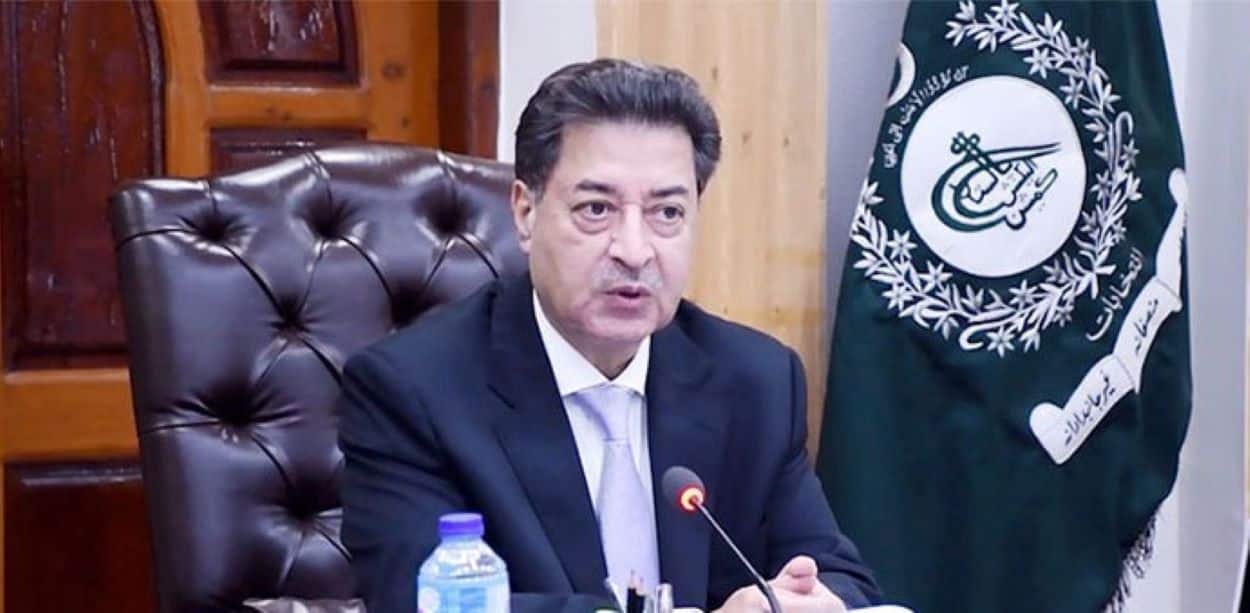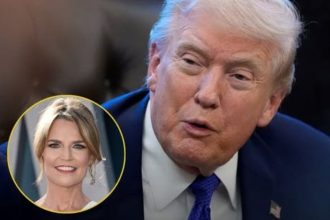Chief Election Commissioner Sikandar Sultan Raja has indirectly attributed the complications encountered during the 2024 general elections to the judiciary.
In a hearing concerning the transfer of pending petitions against him by three members of the National Assembly from Islamabad, Sikandar Sultan Raja revealed his unsuccessful attempts to persuade the Chief Justice of Pakistan and the Chief Justice of the Lahore High Court to exclude judicial staff from serving as District Returning Officers and Returning Officers.
Faisal Chaudhry, representing PTI-backed candidate Amir Masood Mughal from NA-46, described the February 8 elections as the most fraudulent in Pakistan’s history. Chaudhry criticized the bureaucracy’s repeated failures in managing elections, specifically in 1977 and 2024.
The Chief Election Commissioner’s remarks about the lack of judicial officers for election duties were seen as an acknowledgement of the bureaucracy’s inability to manage the election process effectively. Chaudhry argued that the Election Commission lacks the authority to either dismiss or regulate the proceedings of the tribunal established for the capital and cannot serve as a reviewing or appellate body over the tribunal’s decisions.
Chaudhry also cautioned that any unlawful decisions by the commission could prompt nationwide legal actions. He opposed the establishment of a new tribunal, noting the absence of such a request in the petition and asserting that the Election Commission should not initiate additional proceedings. The respondent had not responded nor objected to the timing of the election petition.
Chaudhry accused the petition of being maliciously intended to damage the respondent’s legitimate interests, describing it as vague, superficial, and speculative. He accused the appellant of disrespecting the tribunal’s presiding officer and argued that the entire case was an attempt to delay tribunal proceedings after failing to respond legally.
Advocate Shoaib Shaheen, representing the losing PTI-backed candidate, contested the Election Commission’s decision on June 4 in the Islamabad High Court, which is still pending a verdict. He dismissed the appellants’ arguments as irrelevant and stated that any decision to transfer the tribunal should be made in consultation with the relevant Chief Justice. After hearing the arguments, the Election Commission reserved its decision on transferring the tribunal.
On June 6, the Election Commission postponed the hearing concerning the transfer of Islamabad’s election tribunal until the following day, having previously accepted the Muslim League (N) leaders’ petitions regarding the tribunal’s transfer as admissible.






